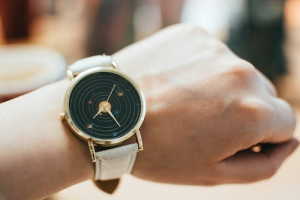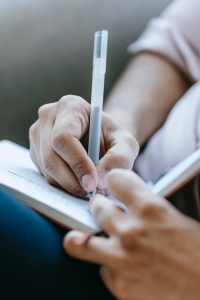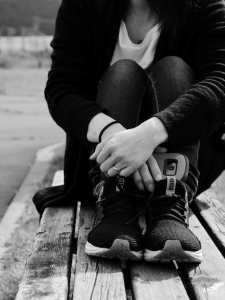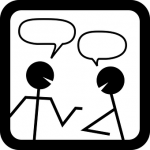Self Harm

Information
Here you’ll find answers to some common questions concerning coping with self-harm.
Select the underlined questions below to see more.
Self-harm is when people hurt or inflict pain on themselves on purpose. Self-harm is sometimes known as self-injury and is where someone harms their body.
People who self-harm may do this in many different ways. Sometimes at first some people don’t realise that they are self-harming.
At times self-harm may include scratching or cutting, hitting, picking at skin, pulling hair, biting themselves. Using items on their skin to inflict pain, such as pens, staples, paperclips or using items to burn themselves.
People often don’t know why they harm themselves at the time. They usually self-harm to manage their moods or feelings and may feel like self-harming is the only way they are able to let their feelings out.
Research shows many people self-harm as a coping strategy and not with the intent of ending their life. Many people who self-harm regard their behaviour as a way of surviving, it may be a way of coping with an unbearable emotional pain.
Self-harm can be very addictive and can be a difficult pattern to change, it is important that people are supported in developing new strategies to manage their feelings instead of self-harming. If self-harming is stopped without other strategies being developed to help cope with their feelings then this can sometimes cause more difficulties for people.

People can self-harm at all times of the day, but it is usually after the person feels an ‘urge’ to self-harm. Most will self-harm in privacy, or will do it without other people’s knowledge and will usually have a set way or routine about how they self-harm.
Self-harming brings only temporary relief and the cause of your distress is unlikely to have gone away after harming yourself. Once you have started to depend on self-harm it can take a long time to stop.
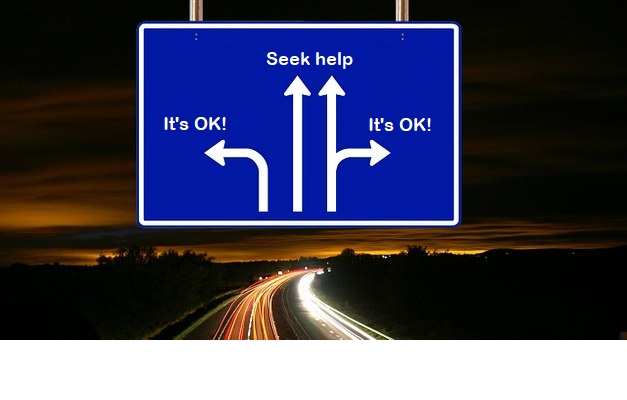
Coping with
Alternatives to self-harm … I’m about to injure myself what could I do instead?
The following buttons are self-help suggestions
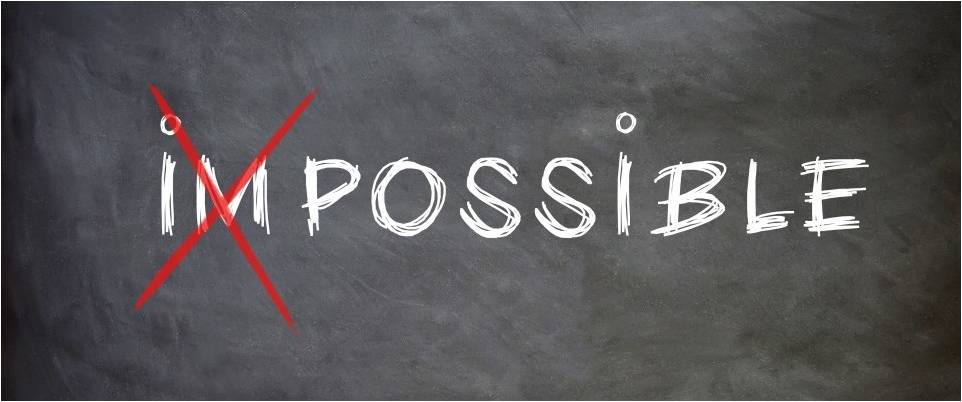
Finding help
What can you do?
- Friends
- Family
- Health professionals (GP, Counsellor, Nurse)
- Charities and Helplines
Select the underlined topics below to view what resources are available.
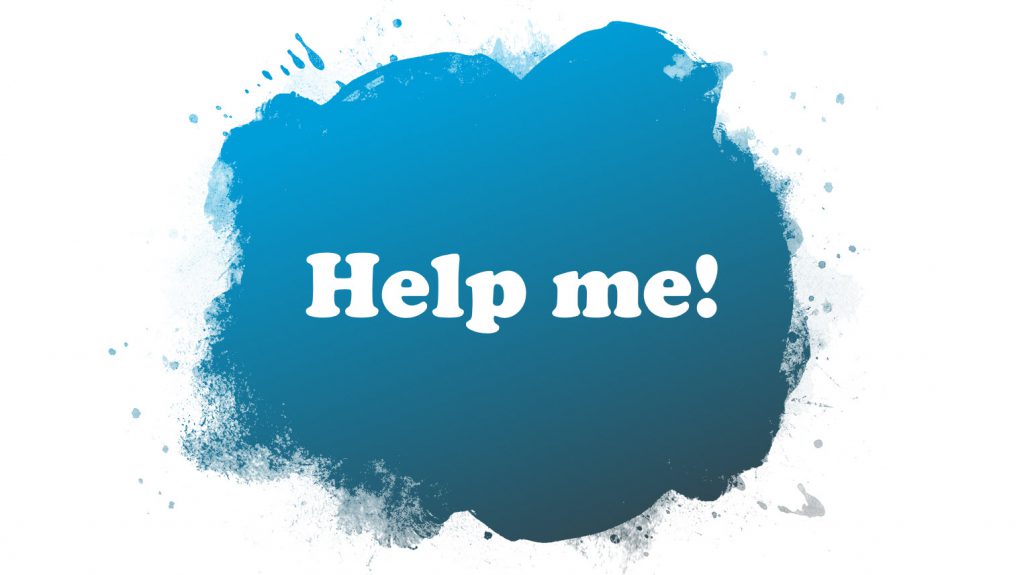
Getting more help
If you haven’t already found the help you’re looking for, you can find additional information and services which are more interactive here.
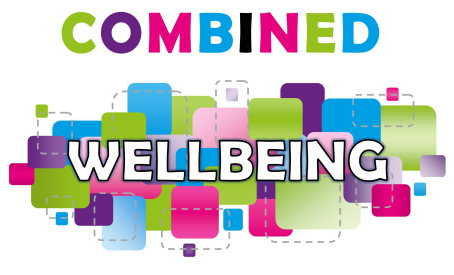

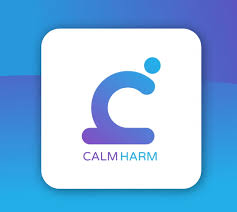
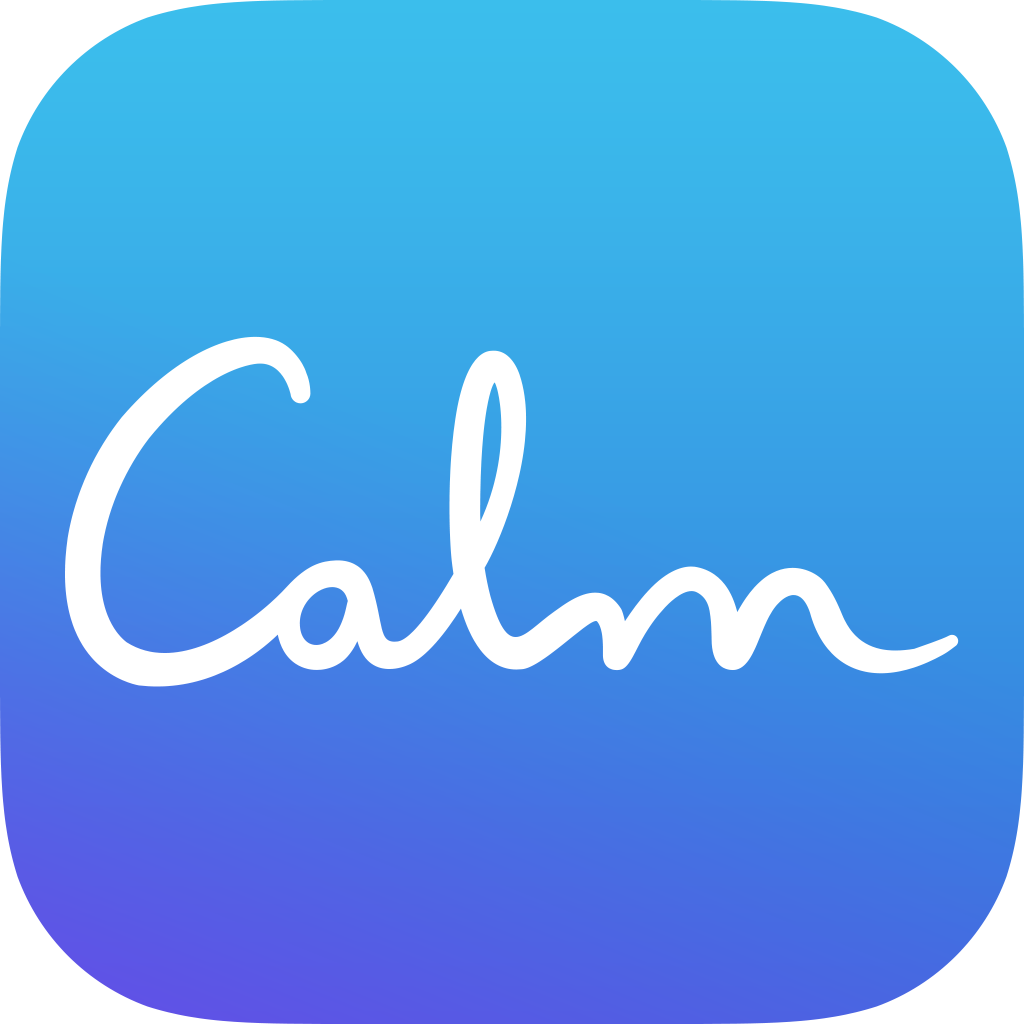


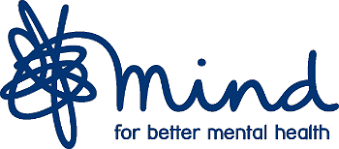
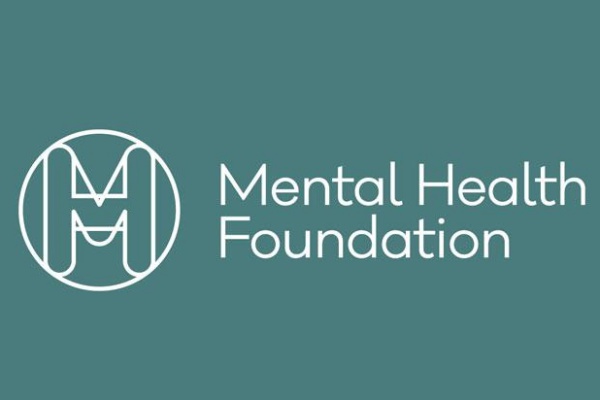



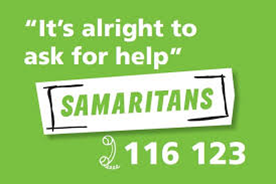

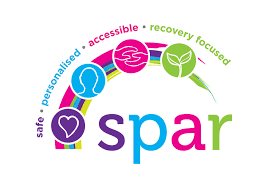
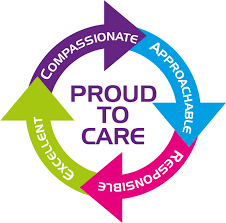
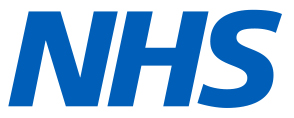


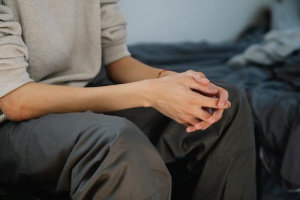
 Talk to somebody, this doesn’t have to be somebody you know this could be somebody from a charity or helpline.
Talk to somebody, this doesn’t have to be somebody you know this could be somebody from a charity or helpline.